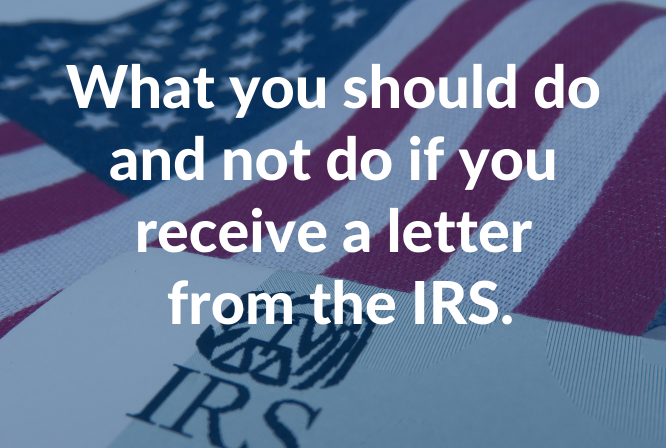
Easy steps to make tax filing easier in 2022
Another year has come and gone and here we are looking ahead to tax time. Are you one of the many taxpayers who struggle to have all your documents ready for the accountant to prepare your taxes? The Internal Revenue Service today encouraged taxpayers, including those who received stimulus payments or advance Child Tax Credit payments, to take important steps to help themselves file their federal tax returns in 2022.
Planning ahead can help you file an accurate return and avoid processing delays that can slow tax refunds

Vaccinated? Claim Tax Credits for Your Employees and Yourself
As the nation suffers from the ravages of the super-contagious COVID-19 Delta variant, the federal government desperately wants all American workers and their families to get vaccinated.
If you have employees, you probably feel the same way. Indeed, more and more employers are implementing vaccine mandates—a trend that will likely grow after the FDA gives final approval to the COVID-19 vaccines.
COVID-19 vaccine mandates are highly controversial.

What You Should Do and Not Do If You Receive a Letter from the IRS
Every year the IRS mails letters and notices to taxpayers for a variety of reasons. Most often they are related to the taxpayer’s federal tax return or tax account. The letter may notify them of changes to their return or may request additional information. It may also notify them they need to make a payment. In both 2020 and 2021, taxpayers also received letters regarding the Economic Stimulus Payment or perhaps the Advance Child Tax Credit payments that started in July.

New IRS Program Prevents Identity Theft on Tax Returns
Identity theft happens when a person deliberately uses someone else's identity as a method to gain financial advantages or obtain credit and other benefits. The person whose identity has been stolen may suffer adverse consequences, especially if they are falsely held responsible for these criminal actions. Personally identifiable information generally includes a person's name, date of birth, social security number, driver's license number, bank account or credit card numbers, PINs, electronic signatures, fingerprints, passwords, or any other information that can be used to access a person's financial resources.
